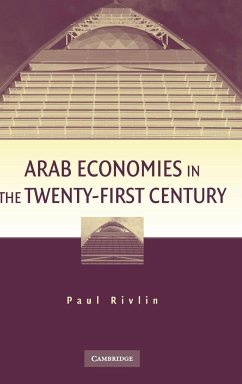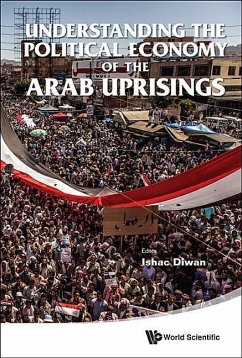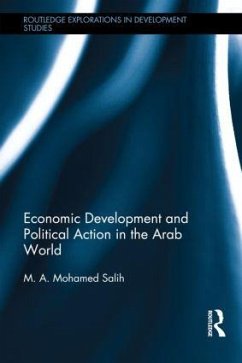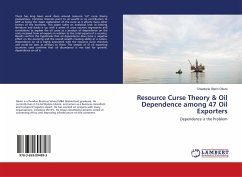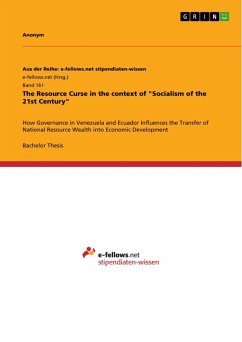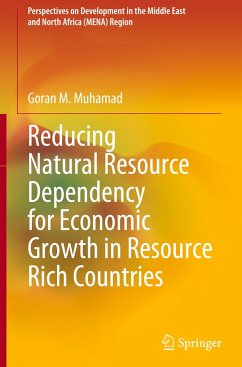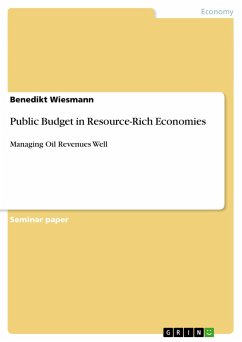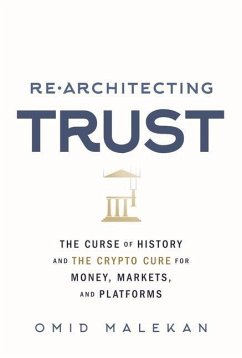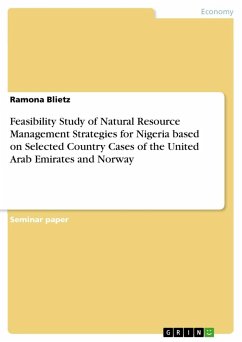
Understanding and Avoiding the Oil Curse in Resource-rich Arab Economies
Versandkostenfrei!
Versandfertig in 1-2 Wochen
138,99 €
inkl. MwSt.
Weitere Ausgaben:

PAYBACK Punkte
69 °P sammeln!
For over eighty years the Arab region has derived massive wealth from its natural resources, yet the region's economies remain little diversified, while the oil market is experiencing major structural shifts with the advent of shale gas. Moreover, the resource itself is eventually exhaustible. Under these conditions economic prosperity cannot be sustainable. The critical question is how can the countries of this region escape the 'oil curse'? In this volume, leading economists argue that the curse is not a predestined outcome but a result of weak institutions and bad governance. A variety of a...
For over eighty years the Arab region has derived massive wealth from its natural resources, yet the region's economies remain little diversified, while the oil market is experiencing major structural shifts with the advent of shale gas. Moreover, the resource itself is eventually exhaustible. Under these conditions economic prosperity cannot be sustainable. The critical question is how can the countries of this region escape the 'oil curse'? In this volume, leading economists argue that the curse is not a predestined outcome but a result of weak institutions and bad governance. A variety of analytical perspectives and examination of various international case studies leads to the conclusion that natural resources can only spur economic development when combined with sound political institutions and effective economic governance. This volume, with its unique focus on the Arab region, will be an important reference for researchers and policy makers alike.





